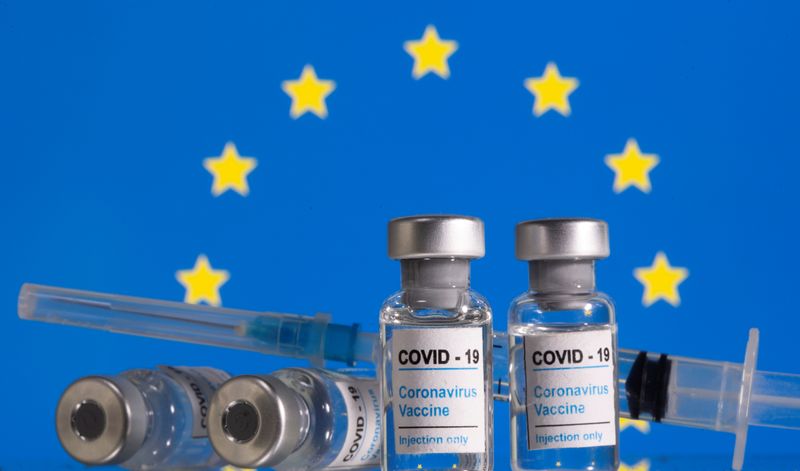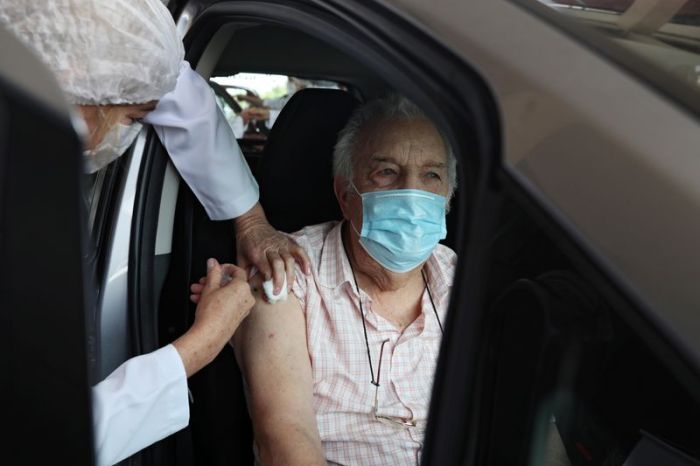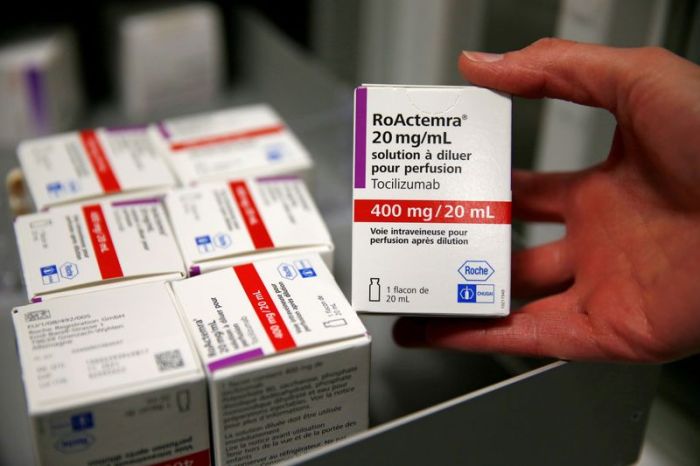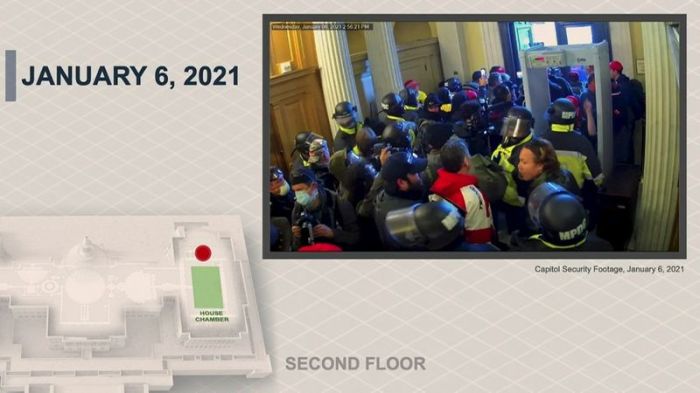BRUSSELS (Reuters) – The European Commission has so far approved all requests for the export of COVID-19 vaccines, including to Britain, the United States, China and Japan, since it set up on Jan. 30 a mechanism to monitor vaccine flows, a spokeswoman said on Thursday.
The accommodating stance is expected to alleviate concerns from global partners about the EU’s willingness to allow COVID-19 vaccines to leave its territory, despite the 27-nation bloc having faced supply disruptions and a cut in vaccine deliveries.
The EU granted in total 37 authorizations for vaccine exports to 21 countries between Jan. 30 and Feb. 10, the spokeswoman said, without giving precise figures on the number of shots being exported from factories in the EU, citing confidentiality reasons.
The EU had exported millions of vaccines to several countries including Britain, Israel, China and Canada before the monitoring scheme was set up, according to customs data cited in an EU internal document seen by Reuters.
A second EU official said exports since the end of January concerned only vaccines produced by Pfizer Inc with BioNTech and Moderna Inc.
Nations that received COVID-19 vaccines produced in the EU since Jan. 30 are: Australia, Bahrain, Canada, Chile, China, Colombia, Costa Rica, Ecuador, Japan, Kuwait, Malaysia, Mexico, New Zealand, Oman, Panama, Qatar, Saudi Arabia, Singapore, the United Arab Emirates, the United Kingdom and the United States.
Given the central role played by the EU for the international supply of vaccines, the bloc’s decision to register vaccine exports had caused a global outcry.
It came after AstraZeneca Plc announced large delivery cuts to the EU, and had told EU officials it could not ship doses from factories in Britain because of obligations it had under a contract with the British government, EU officials told Reuters in January.
London has said it has no export ban in place for COVID-19 vaccines, but has repeatedly declined to comment on whether the contract it has with AstraZeneca prevents shipment of doses to the EU.
(Reporting by Francesco Guarascio @fraguarascio ; Editing by Catherine Evans and Bill Berkrot)





















